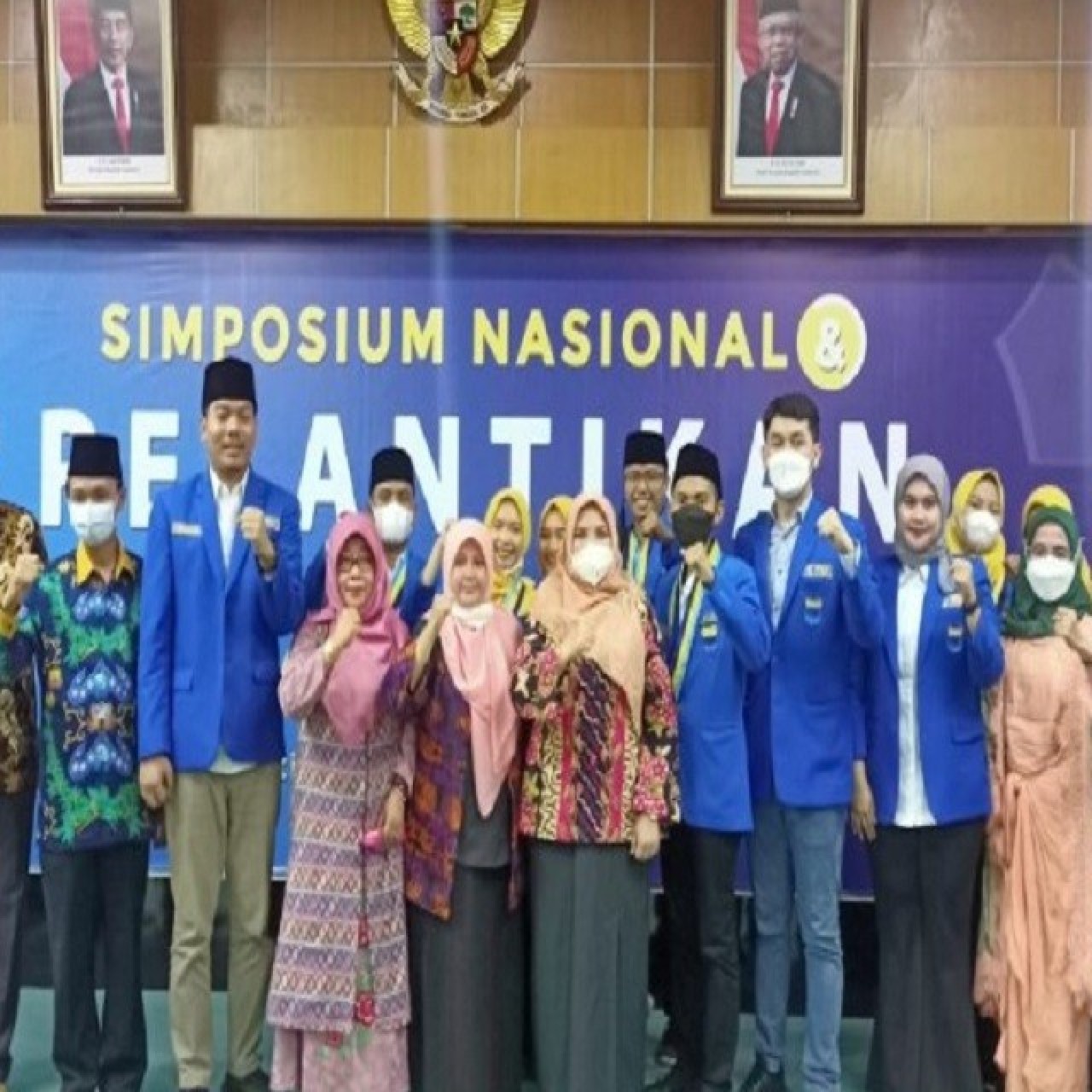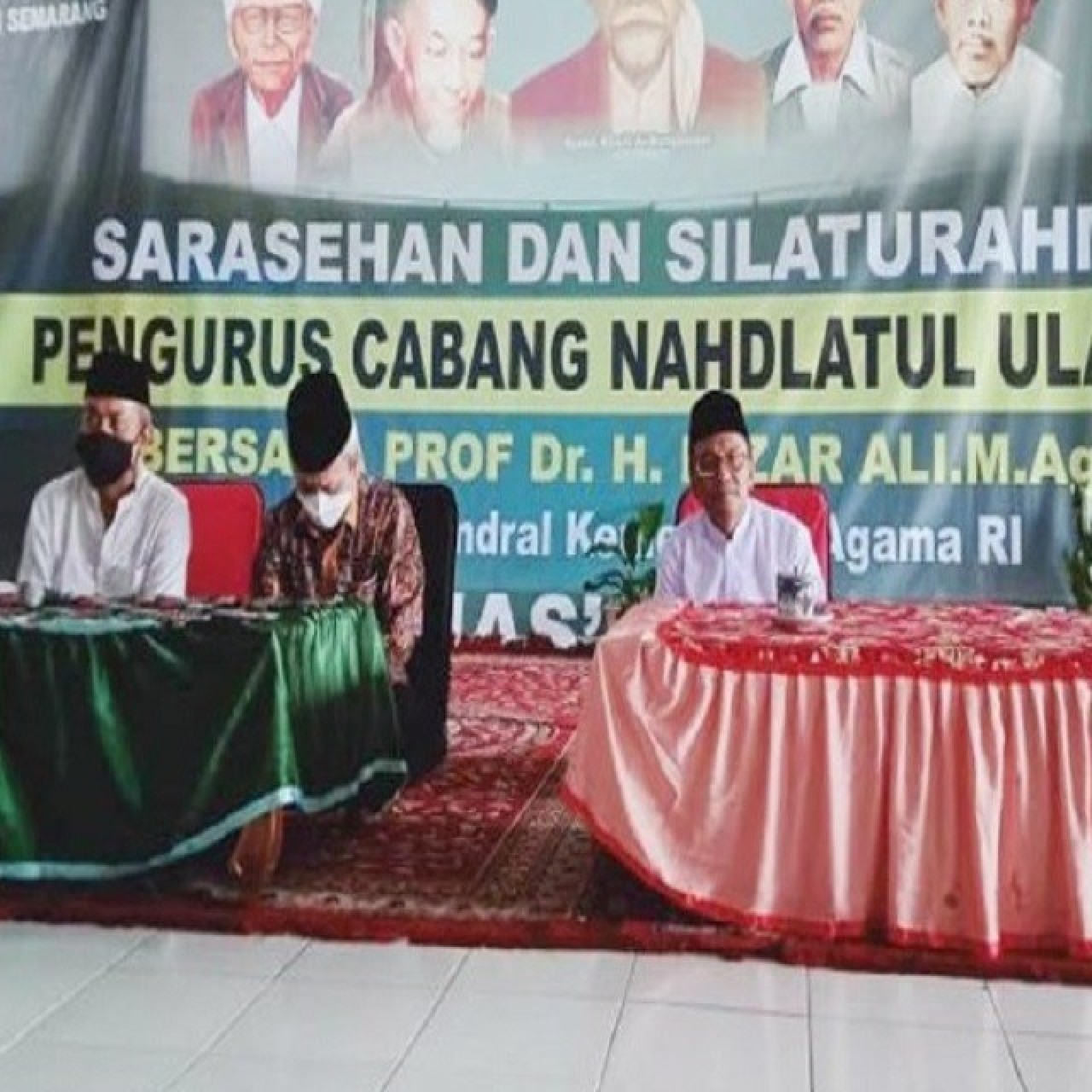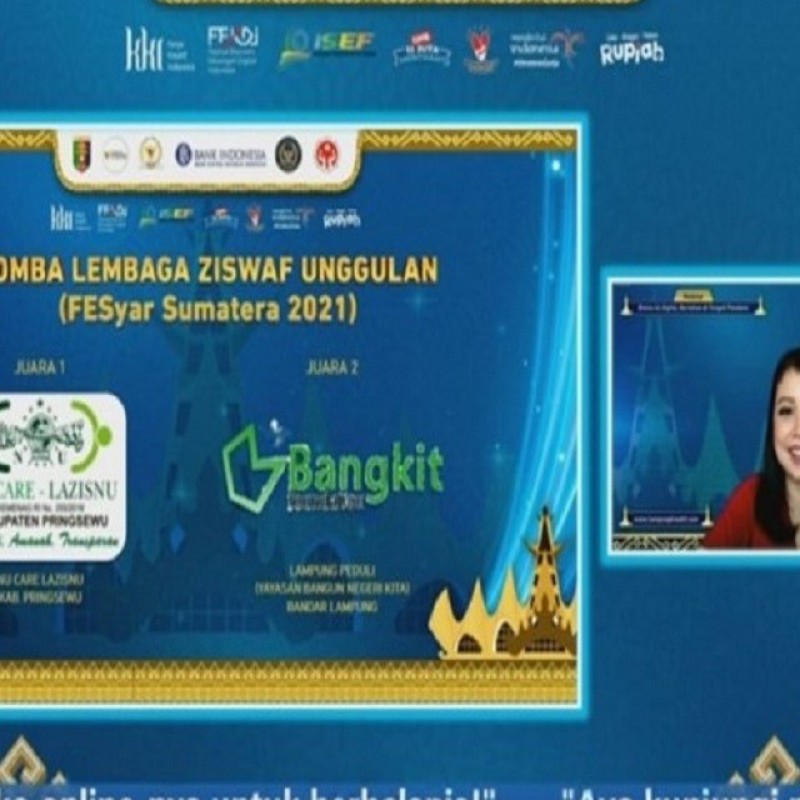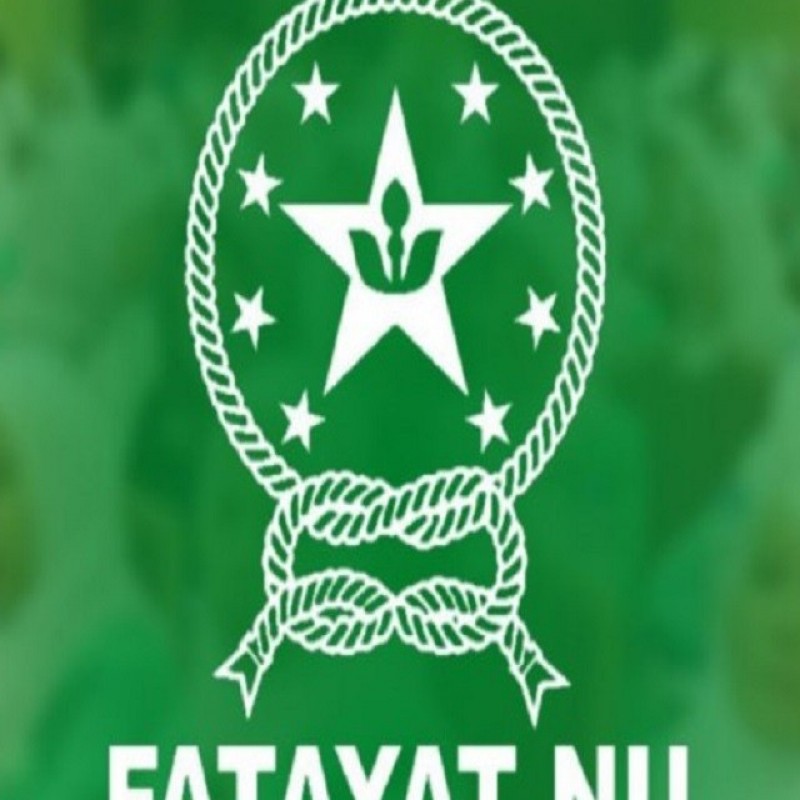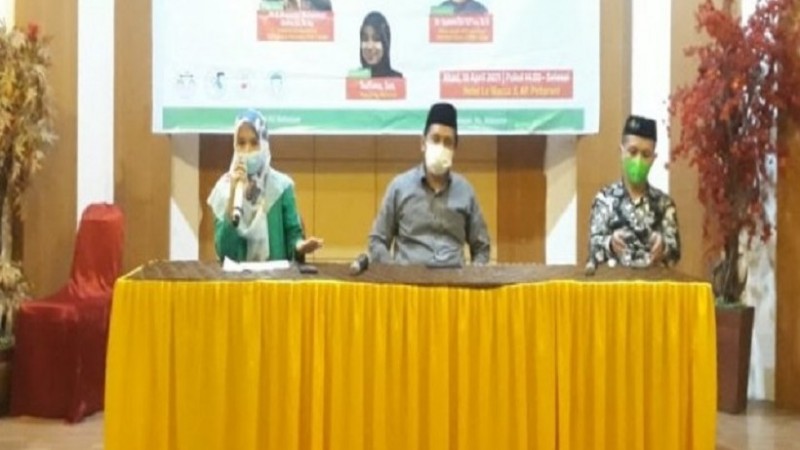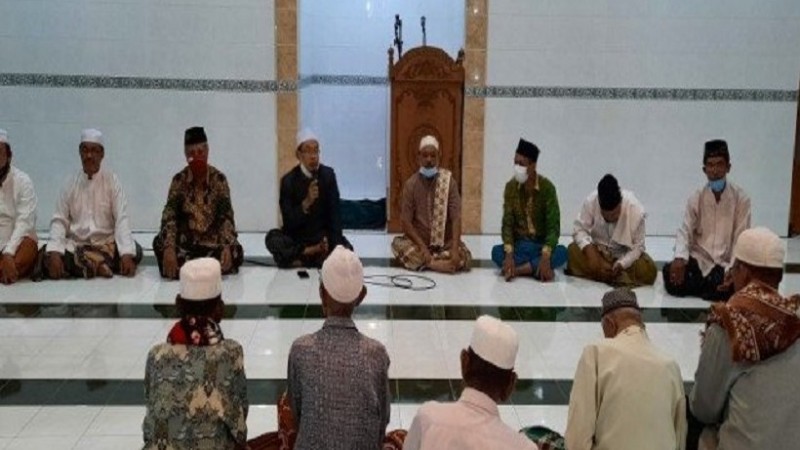Ancient rituals strengthen community during Ramadhan
NU Online · Senin, 2 Oktober 2006 | 17:21 WIB
Bantul, NU Online
Playing with homemade firecrackers, rope jumping and savoring traditionally made porridge when breaking the fast is the way Kauman residents in Bantul, Yogyakarta, preserve Ramadhan customs that have lasted for hundreds of years.
These rituals are the visible traits of the spirit of togetherness and mutual cooperation within the community, a center of Islamic missionary work first established during Ramadhan in the 15th century.
<>Every afternoon at 4:30 p.m. during the fasting month, dozens of children gather at a small field beside a mosque built in the 15th century. Scores of bamboo poles are lined neatly outside; the "cannons" into which a combustible mixture is poured."Ow!" a boy named Maulana, 8, yells as the device backfires and singes his hair. Unfazed, a minute later he continues the game.
This firecracker is of the homemade kind, a device made of bamboo. A small hole is made at the base of two- to three-meter-long pole. After pouring some kerosene through the hole and lighting it, the contraption makes a booming sound like a cannon.
"This tradition has been passed down through the generations. After playing with firecrackers, we usually break our fasts together with bubur (porridge)," said Wardani, a caretaker at the Kauman mosque, said.
The mosque is located next to the field where the firecracker contest is held; the children who win get their cannons to produce the loudest bangs.
Kauman hamlet is one of the few places where the traditional cannon game, which has largely disappeared from urban areas, is still played.
Breaking the fast with porridge also has a phonetic symbolism. Bubur, in Javanese sounds similar to beber (proselytize) and babar, or approach.
"Consuming porridge is like preserving the tradition of religious missionary work and the unity of the Islamic community, which existed during Kanjeng Panembahan Bodho's rule in the 15th century," said Wardani, who has helped prepare the dish each Ramadhan for the past 10 years.
The porridge is made communally, with villagers chipping in with the ingredients to cook bubur and sayur lodeh, mixed vegetables cooked in coconut milk and spices.
Every day during the month, Wardani and two other villagers, Yurkoni and Kasan, cook an average of four kilograms of rice to produce the porridge to serve around 50 people.
Making the ketupat, or rice boiled in coconut leaf casing, at the mosque a day ahead of the Idul Fitri festivities, is also communal work.
On the eve of Idul Fitri, or the last day of Ramadhan, residents go on a parade through the village, lighting oil lamps and performing the takbiran religious chant, with young men daring to try the traditional feat of takbiran kupu tarung, or leaping over a flaming rope.
After performing the Idul Fitri prayer in the morning, residents usually visit each other's houses to strengthen the bonds of friendship. During the evening, they gather again outside the mosque for a similar purpose.
To welcome in the Idul Fitri, or the Day of Victory, residents stage the dynamic rodhatan performance and later enjoy the opor ayam and ketupat they have prepared. (tjp/dar)
Terpopuler
1
Keluar Mani yang Tidak dan Membatalkan Puasa
2
Khutbah Jumat: Ramadhan dan Kesempatan yang Tidak Selalu Terulang
3
Khutbah Jumat: Ramadhan, Melatih Sabar, Memperkuat Syukur
4
Khutbah Jumat: Tiga Kebahagiaan Orang Puasa
5
Kultum Ramadhan: Keutamaan Tarawih dan Witir
6
Khutbah Jumat: 4 Cara Menghidupkan Malam Ramadhan dengan Ibadah
Terkini
Lihat Semua




